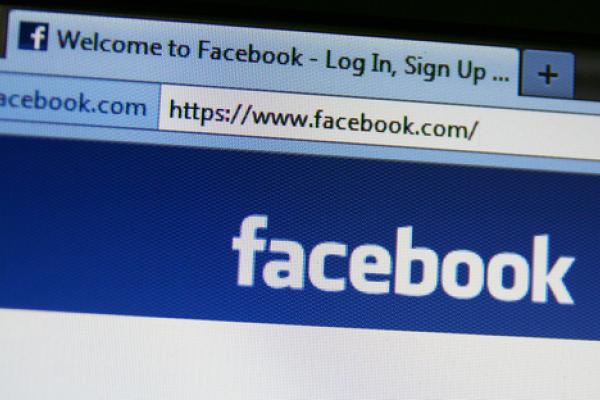Politically, the right to online privacy seems like a no-brainer. Just as employers, and the government, shouldn’t be allowed to snoop through one’s personal diary or journal, the privacy of our digital records should be likewise respected, in law and in practice.
But biblically, theologically, and spiritually, it gets more complicated. For instance, what would a “spirituality of privacy” look like? At the core of spirituality is a connection with the divine. That begins in our heart of hearts and is by necessity a private, solitary practice. But it doesn’t end there. Genuine, life-transforming spirituality is personal, but never “private,” in the sense of “restricted to me alone.” Rather, spirituality is about the connection between a person and the divine and about the connection between a person and other people. In other words, there is an essential communal, public aspect of spirituality. Genuine spiritual enlightenment leads not only to an enriching of our connection with God, but with one another as well. Thus in some ways the distinction between a “private” spirituality and our public face is an artificial one, and at our best these two aspects of our being will be in harmonious synchronicity.
Read the Full Article

